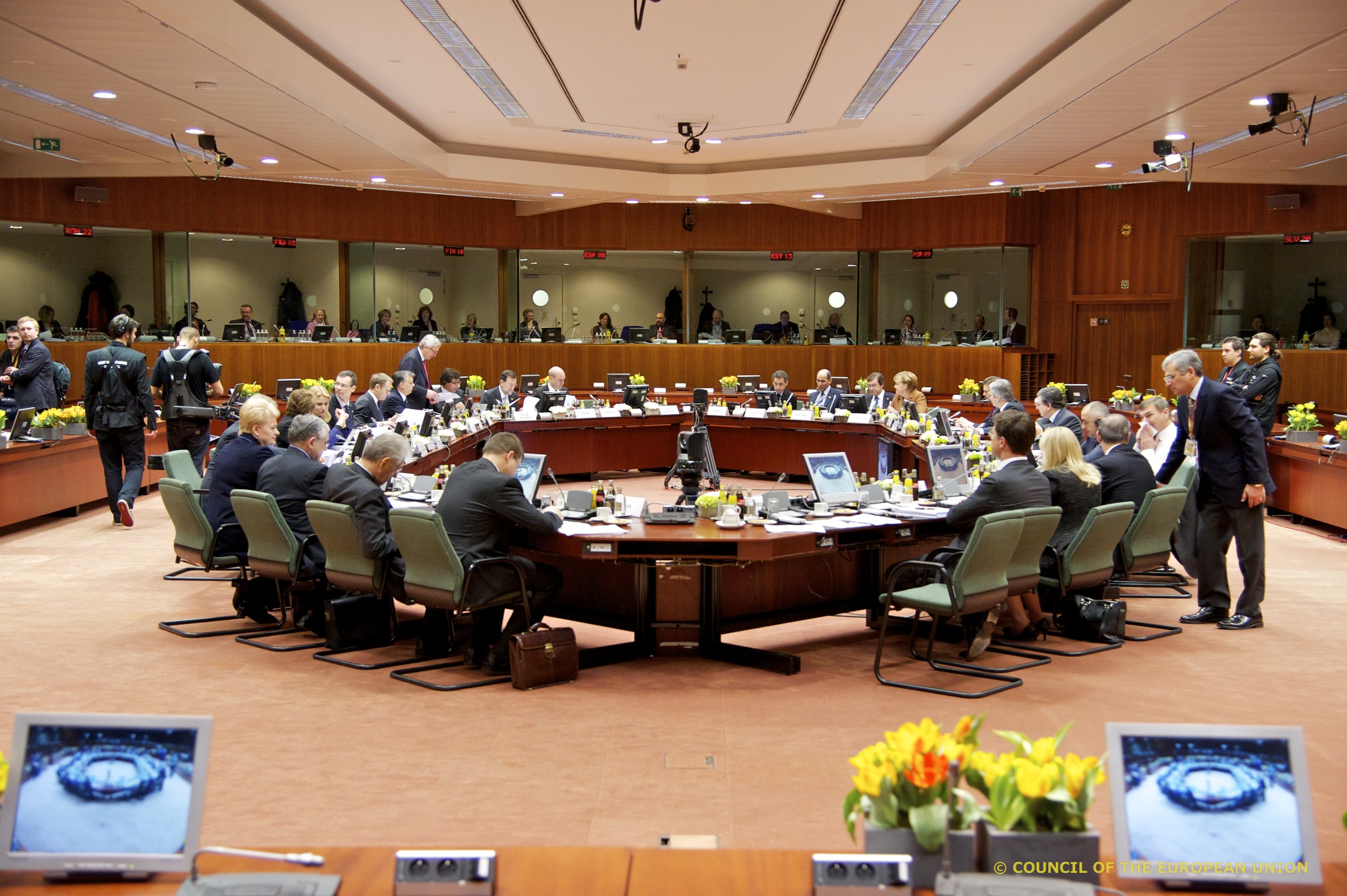From Silent Atrocities to Justice: Examining the Legal Landscape of Forced Sterilisation of Women with Disabilities across Europe
By Shivam Jadaun and Shivani,
JURISTnews
| 06. 27. 2024
Image by European Council from Flickr
In some European Union nations, the forced sterilisation of people with disabilities is still a widespread and concerning practice that blatantly violates their fundamental rights and human dignity. The scope of forced sterilisation in the EU was discovered through a study carried out by the European Disability Forum. At least 14 EU members still engage in the practice, with three of them Czechia, Hungary, and Portugal explicitly allowing it on children despite worldwide criticism and established legal frameworks which prohibits forced sterilisation such as United Nations Convention on the Rights of Persons with Disabilities, which is ratified by the EU and all its Member States, and It is also forbidden under the Council of Europe Convention on preventing and combating violence against women and domestic violence (‘Istanbul Convention’). Only nine EU nations forbid forcible sterilisation.
Moreover, The United Nations Convention on the Rights of Persons with Disabilities (“UNCRPD”), lacks explicit mention of forced sterilisation in treaty text, but the Committee on the Rights of Persons with Disabilities has gone on to emphasise protection...
Related Articles
By Roni Caryn Rabin, The New York Times | 01.22.2026
The National Institutes of Health said on Thursday it is ending support for all research that makes use of human fetal tissue, eliminating funding for projects both within and outside of the agency.
A ban instituted in June 2019 by...
By Mike McIntire, The New York Times | 01.24.2026
Genetic researchers were seeking children for an ambitious, federally funded project to track brain development — a study that they told families could yield invaluable discoveries about DNA’s impact on behavior and disease.
They also promised that the children’s sensitive...
By Phil Galewitz, NPR | 01.20.2026
Serenity Cole enjoyed Christmas last month relaxing with her family near her St. Louis home, making crafts and visiting friends.
It was a contrast to how Cole, 18, spent part of the 2024 holiday season. She was in the hospital...
Group of Tuskegee Experiment test subjects
Public Domain via Wikimedia Commons
Every generation needs to learn about what is commonly known as the Tuskegee syphilis study, which ran from 1932 to 1972. (Officially, it was the U.S. Public Health Service Syphilis Study at Tuskegee, Alabama, which gets the emphasis right.) For many people, the history is hard to believe, though it is hardly unique. Of the 600 subjects, all Black men, 399 had syphilis, for which...




